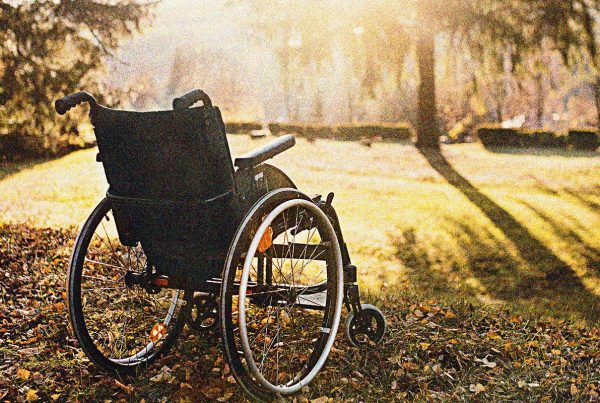It was a bad day for equality but a good day for teachers, when Ontario’s Divisional Court dismissed the application brought by CCLA and Becky McFarlane challenging the government’s decision to repeal the 2015 sex education curriculum and replace it with content from 1998. We intend to continue the fight and will be seeking to appeal the decision.
The good news is that the Court provided clear and unequivocal confirmation that teachers can teach about topics contained in the 2015 curriculum that are absent from the interim version that is currently in place. The missing content relates primarily to issues around consent, sexual orientation, family status and gender identity. Despite the government’s tough talk when the interim curriculum was first released – and their decision to institute a snitch line and encourage parents to report on teachers where they had “concerns” – the position of the government in Court was much different. As the judgment makes clear, the Minister’s lawyer confirmed that “as long as a teacher meets the learning objectives set out for that grade in the 2010 Curriculum, a teacher may address topics that go beyond those expressly set out in the 2010 Curriculum to meet the needs of a given class or student. Those topics include the topics in the 2015 Curriculum that are not found in the 2010 Curriculum.”
This was a significant concession for the government to make, and it certainly upset some of those who were so opposed to the 2015 content and supportive of the government’s decision to send the province’s kids back to the 1990s. Indeed, the President of the Elementary Teachers’ Federation of Ontario (ETFO) said that the concession made the case “a victory for ETFO and others”. ETFO had also challenged the government’s decision, albeit on grounds different from the CCLA.
The bad news? For students and parents, today’s decision is so disappointing. It means that a transgender student may sit in a classroom and hear nothing of themselves reflected in the lesson. It means that a student with a queer mom, like Becky’s daughter, may hear nothing about queer families. What teachers may do is different from what they must do, and that is the importance of a provincial curriculum document. It sets the baseline, and CCLA’s argument has always been that, regardless of what happens in classrooms, the provincial government’s decision to remove content from the curriculum sends a message loud and clear. The message is one of exclusion and inequality. The ugliness of today’s decision is that it does nothing to disabuse Ontarians of that message. We will have to hope that the Court of Appeal will take up the call.
Cara Zwibel
Director of Fundamental Freedoms Program
czwibel@ccla.org
About the Canadian Civil Liberties Association
The CCLA is an independent, non-profit organization with supporters from across the country. Founded in 1964, the CCLA is a national human rights organization committed to defending the rights, dignity, safety, and freedoms of all people in Canada.
For the Media
For further comments, please contact us at media@ccla.org.




